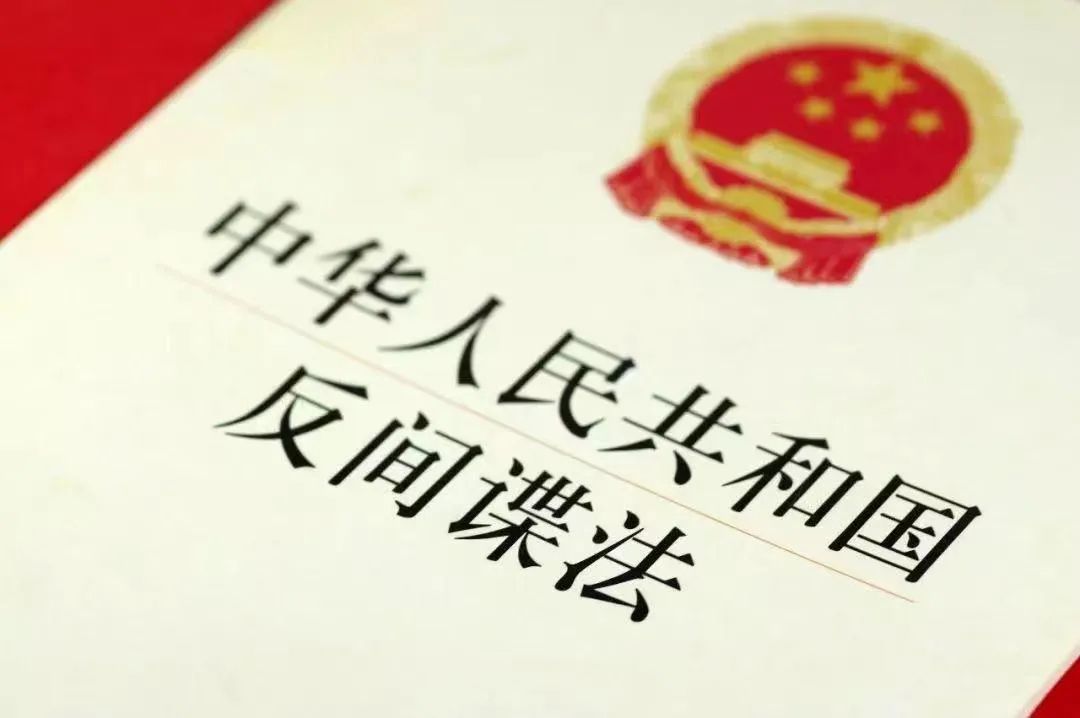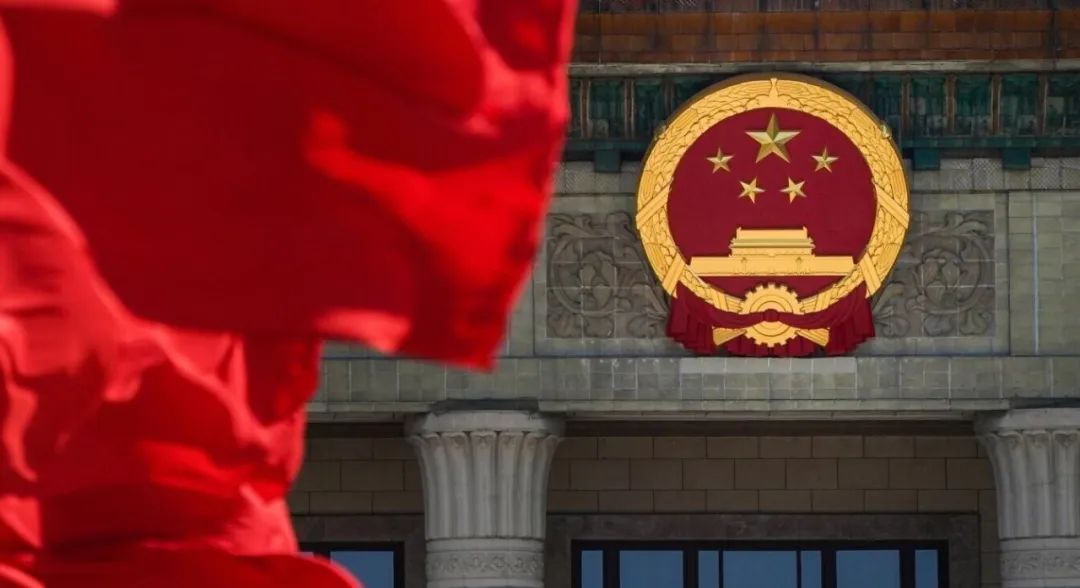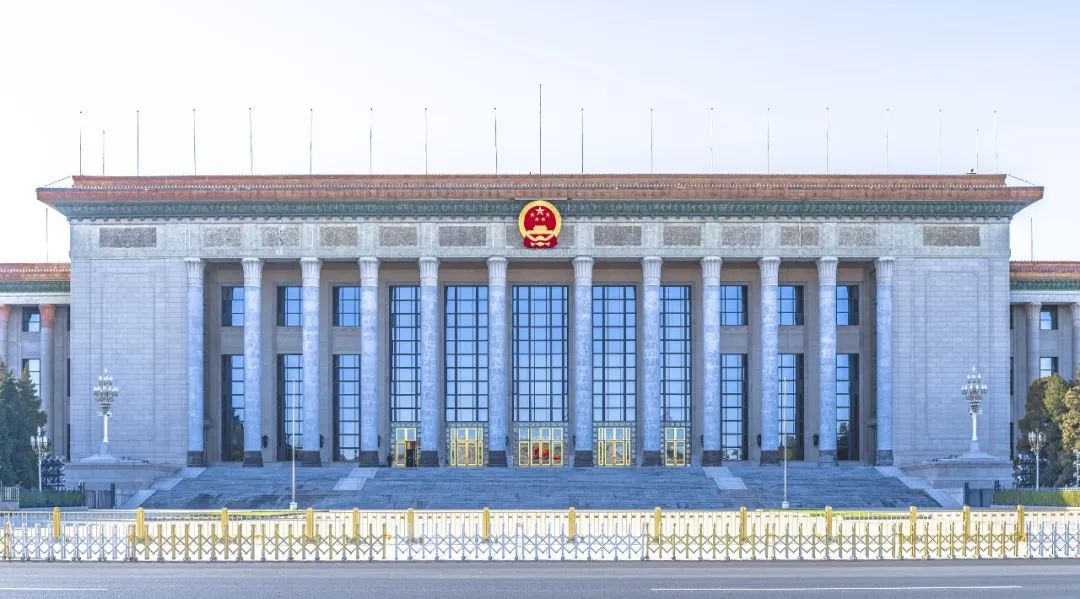《中华人民共和国反间谍法》修订适时、适合、适度

《反间谍法》修订契机“适时” Timely Revision of the Counterespionage Law |
当前,在以中国式现代化全面推进中华民族伟大复兴的新征程上,我国发展站在了新的历史起点,外部环境和安全格局发生了重大变化,《反间谍法》的修订出台可谓正当其时、正应其势。
贯彻党中央新精神新部署。《反间谍法》的修订出台,是落实党的二十大精神的重要成果,是对中国特色国家安全法律制度体系的重要完善,以制度化、法治化方式推动党的创新理论在隐蔽战线落地生根,对深化新时代新征程反间谍斗争具有重大指导意义,为新时代新征程谱写“中国特色国家安全之治”新篇章提供了有力法律支撑。

适应反间谍斗争新形势。当前,国家安全领域的公开较量和隐蔽斗争轮番上演,各类间谍破坏活动的主体更加多元、目标更加复杂、领域更加广阔、手法更加隐蔽、危害更加严重,反间谍斗争形势严峻复杂。近期国家安全机关充分履行反间谍斗争职责,先后破获并揭批了美国中央情报局(CIA)间谍案、英国秘密情报局(MI6)间谍案等一系列案件,有力维护了我国国家主权、安全、发展利益。这充分表明,修订《反间谍法》是加强新形势下反间谍斗争的迫切需要,为新形势下防范打击各种间谍活动、维护国家安全提供了有力法律武器,为以新安全格局保障新发展格局、以高水平安全保障高质量发展打牢了法治基础。
China needs to adapt to the new situation in the fight against espionage. At present, there are constant overt contests and covert struggles in the field of national security. More actors have been engaged in espionage activities with more diversified targets. They use more covert means in broader areas, resulting in increasingly dangerous consequences. The fight against espionage is severe and complex. China’s national security authorities have fully fulfilled their counterespionage responsibilities. They have uncovered and exposed a series of espionage cases committed by the Central Intelligence Agency and UK’s Secret Intelligence Service, thus safeguarding China’s national sovereignty, security and development interests. This fully demonstrates that the revision of the Law is urgently needed to strengthen the fight against espionage in the new situation. It provides a strong legal basis for preventing and combating all kinds of espionage activities to safeguard China’s national security under the new circumstances. It lays a solid legal foundation for ensuring a new development pattern with new security architecture and safeguarding high-quality development with high-level security.
《反间谍法》立法形式“适合” Appropriate Legislative Form of Counterespionage Law |
Emphasis on counterespionage is a consensus among countries worldwide. Espionage arose with the emergence of the state. Due to its sensitive behavior, political purpose, foreign subject, secret form, uncontrollable impact, and irreparable damage, espionage has become one of the most serious behaviors among the many factors that jeopardize national security. All countries have intensified their efforts to combat espionage. China safeguards its national security and conducts counterespionage operations in accordance with the law, which is an aboveboard and righteous act.

Counterespionage legislation is a necessity for major countries. It is an internationally accepted practice to prevent and combat espionage and to avoid the leakage of state secrets for safeguarding national security. The United States passed the Espionage Act in 1917, and enacted the Economic Espionage Act in 1996, which is the world’s first act concerning economic espionage. The United Kingdom introduced the National Security Act 2023, which adds criminal offenses such as sabotage and foreign interference. France has the most detailed legislation concerning espionage crimes in the countries that have a civil law system, with 12 articles related to espionage crimes in the French criminal law. Russia also has detailed provisions on espionage and relevant punishment in the Criminal Code of the Russian Federation.
《反间谍法》法律赋权“适度” Adequate Legal Empowerment for the Counterespionage Law |
Strict adherence to relevant laws and regulations in China is a priority for the revision of Counterespionage Law. The revision procedures are rigorous and standardized, and the rights and responsibilities regulated in the revised Law are crystal clear. This reflects the openness, transparency and clarity of China’s legislative process.

It is necessary to balance empowerment with restrictions on power. The revised Counterespionage Law properly handles the above-mentioned relationship and strengthens supervision and restrictions on the exercise of public power. In terms of empowerment, it has further strengthened the centralized and unified leadership of the Central Committee of CPC over counterespionage, clarified the definition of espionage in a targeted manner, consolidated the responsibilities of national security authorities in counterespionage law enforcement and supervision, refined disposal measures for counterespionage investigations and expanded the applicable types and scope of administrative penalties. In terms of power restrictions, the revised Counterespionage Law explicitly stipulates that, “Counterespionage work shall be carried out in accordance with the law, respecting and protecting human rights, and safeguarding the lawful rights and interests of individuals and organizations.” At the same time, it establishes a chapter on Safeguards and Supervision, which further clarifies the normative requirements for law enforcement by the national security authorities, strictly implements the approval procedures and strengthens supervision on unlawful acts committed by the staff members of the national security authorities.
 微信公众号
微信公众号




